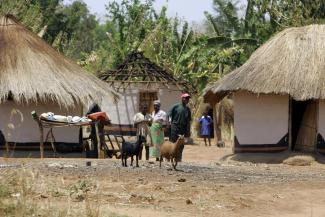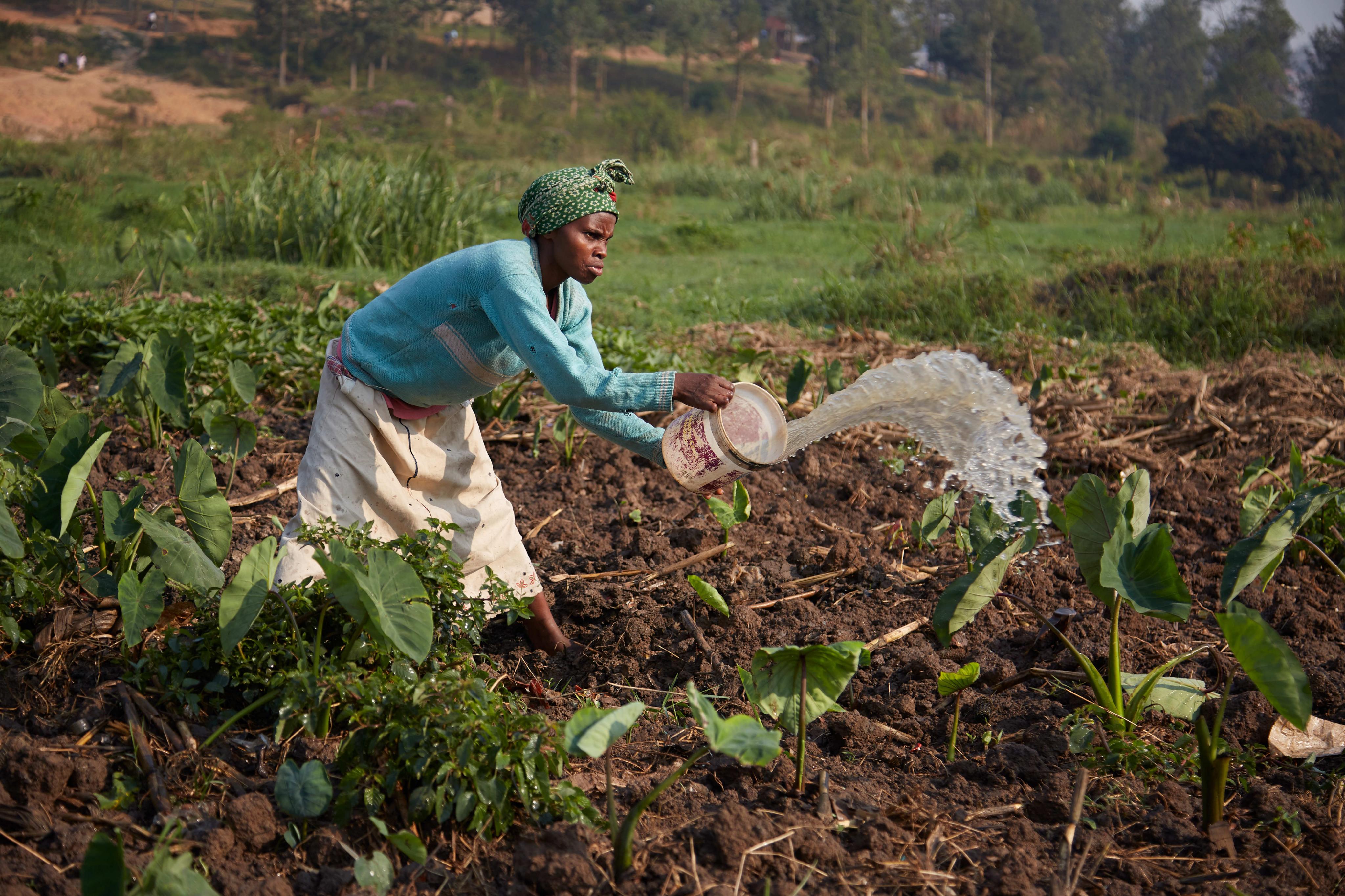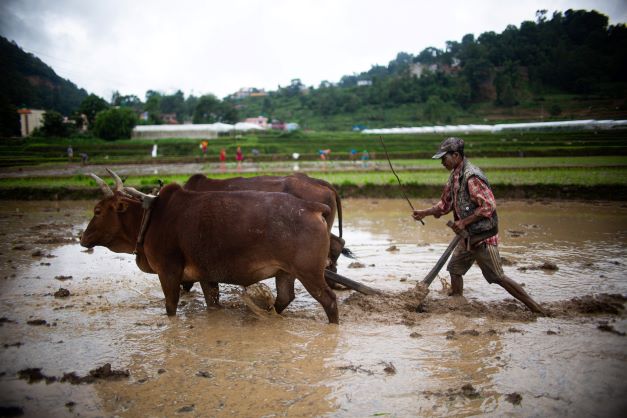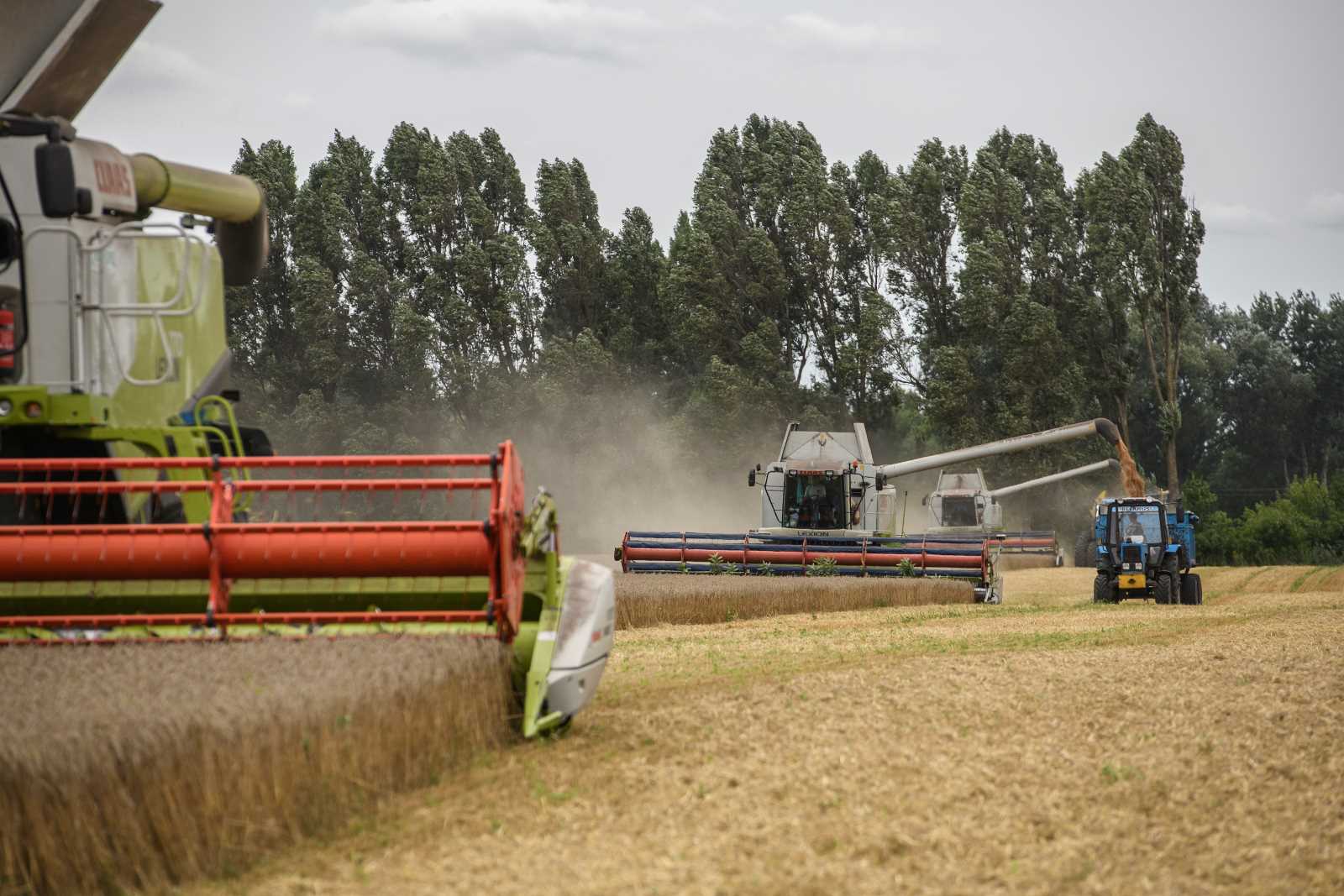Livestock production
Profitable goats

Rural communities are home to the poorest of our population. They struggle to pay school fees for their children and can hardly afford medical care. Since I grew up in a village before moving to Lusaka, the capital city, I understand rural life well. Apart from growing crops, in particular maize, farmers typically keep some livestock. Goats are common in particular. However, smallholders don’t raise the goats to generate income, they basically do it to provide for themselves and as a symbol of prestige and productivity.
Historically, Zambia has always lacked a commercial approach to goat keeping, which is considered a “poor man’s trade”. The goat business is therefore marked by:
- informality,
- lack of industry dedication,
- lack of value addition and
- lack of modern distribution channels.
This amounts to a waste of resources. Goat keeping could and should contribute to farmers’ livelihoods. So far, smallholder farmers in Zambia are deprived of the much needed economic opportunity to get out of poverty.
At the same time, demand for goat meat is growing in Zambia’s urban areas as well as in neighbouring countries. One reason is goat meat’s widely appreciated health and nutritional benefits compared to other red-meat products. In southern Africa, goat meat is the second most popular meat after beef.
Beef, however, is a commercial product in Zambia. It is available in any city market. In contrast, goat processing and marketing is still traditional and informal. The established business community has hardly taken notice. It is interested in fast profits and therefore not likely to invest long term and establish an innovative, up-to-date supply chain for goat products.
Three years ago, I started Zamgoat to make a difference. My company processes and distributes goat products such as meat and leather. We source goats as a commercial-scale aggregator, thus improving the lot of more than 200 smallholder families. We make our products conveniently available to a growing number of consumers in Zambia and neighbouring countries. The Zamgoat model is simple: We buy goats from smallholder farmers, and we process and distribute the products. We run our own retail outlets, but we also sell goods wholesale to other retailers.
So far, we have been operating without our own cold transport or storage facilities. Nonetheless, Zamgoat has been cooperating with more than 200 smallholder farms, increasing their annual incomes by over 10 %. We have processed and sold over 2,300 goats. In the past three years, our average annual sales amounted to the equivalent of $ 50,000.
Having proven that our business model works, we now want to scale up the business to expand our market reach and maximise our impact on rural communities. For equipment, cold transport and storage, we are raising $ 100,000 in grants, loans and equity. We invite everyone to join and support us in any way possible.
Paul Nyambe is an entrepreneur from Zambia and the founder of Zamgoat. He is also an advocate for sustainable youth-enterprise development and the founder of the Youth Entrepreneurs Network of Zambia.
zamgoat@zambia.co.zm
http://www.zamgoat.com










